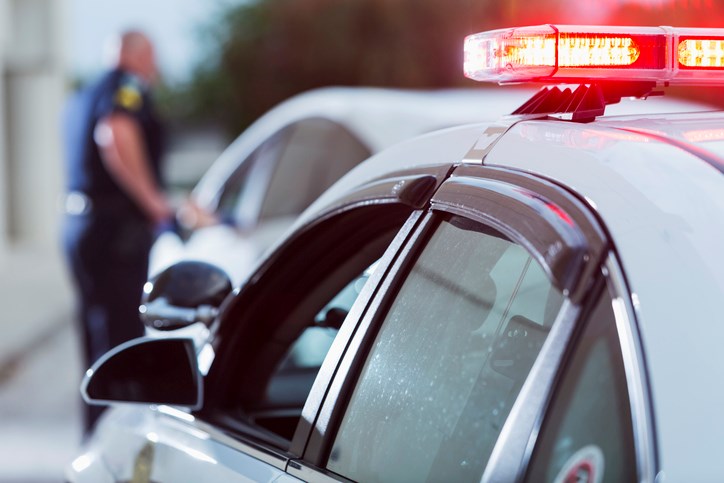As an RCMP member, I’ve attended and dealt with numerous terrible calls and investigations, but out of all these, the worst day in my career doesn’t come from any investigation or call I’ve had to attend personally.
The worst day of my career was having to attend a home and tell a father, mother and sister that their 18-year-old son and big brother had just been killed by a drunk driver while he was driving home from university for Christmas.
I know that if any person had to experience or witness that kind of pain, there is no possible way anyone would ever drink and drive again.
By now, you would think that it is just common sense: if you plan to drink over the holidays, plan to leave your keys behind, but like always, sometimes common sense isn’t common.
The festive season is upon us, and with it, the lure to have a few drinks (or quite a few) drinks with family and friends. When cabs are few and far between (especially in small towns), think of these tips to help you get home safe and avoid drinking and driving.
With the current Saskatchewan Health Authority restrictions, I really hope that the impaired driving is zero this holiday season but I have my doubts.
Make a plan: Before, not during, not after: this year’s ugly sweater party, plan, plan, plan.
It doesn’t make sense to make a plan on getting home safely after you have already started drinking, does it? I feel like a broken record, telling people that common sense isn’t always common.
Getting home safe: It can be near-impossible to secure a cab in the late night and early morning hours during the holidays. Luckily, dozens of designated driver and alternate transportation programs exist across Canada.
Operation Red Nose is run by over 50,000 volunteers in select communities, however, at this time, I’m not sure what communities will have something like this set up with travel not recommended due to Saskatchewan Health Authority restrictions. Partygoers are taken home in their own vehicle, driven by a sober driver.
The service is free of charge and isn’t limited to those under the influence of alcohol. Fatigued or medicated motorists are free to use the service, too.
Hosting? Assume responsibility: If you’re hosting or organizing a holiday function that includes drinking, don’t automatically assume all your guests will make smart travel plans. Serve alcohol-free alternatives and snacks, and be mindful of how much guests are drinking.
So you slept it off? Maybe not: Catching a few Z’s after a night of drinking does not make a sober driver. In fact, it’s one of the biggest myths surrounding drunk driving. If someone gets really drunk, say double the legal limit or more and goes home at 2 a.m., and then that same person gets up at 7 a.m. and drives to work, trust me that person will still be over the legal limit.
Sleep has no impact on reducing a person’s blood alcohol content. There are no quick fixes. If people choose to drink heavily the night before, they shouldn’t be driving first thing in the morning no matter how much coffee, water, or food they eat.
Sobering stats.
About 1,200 impaired driving-related incidents were recorded in Canada over each weekend approaching Christmas and New Year’s, a Statistics Canada report states.
Further, it says around 700 drunk driving incidents occurred over the Christmas and New Year’s weekends.
The same report concludes that one half of impaired driving incidents reported by police occur between 11 p.m. and 4 a.m., peaking between 2 and 3 a.m.
Mothers Against Drunk Driving Canada reports estimate between 1,250 and 1,500 were killed as a result of drunk driving across the country that same year.
Please stay safe this holiday season. You can bet you will see your Carlyle RCMP out conducting alcohol and sobriety check stops throughout the holidays.





